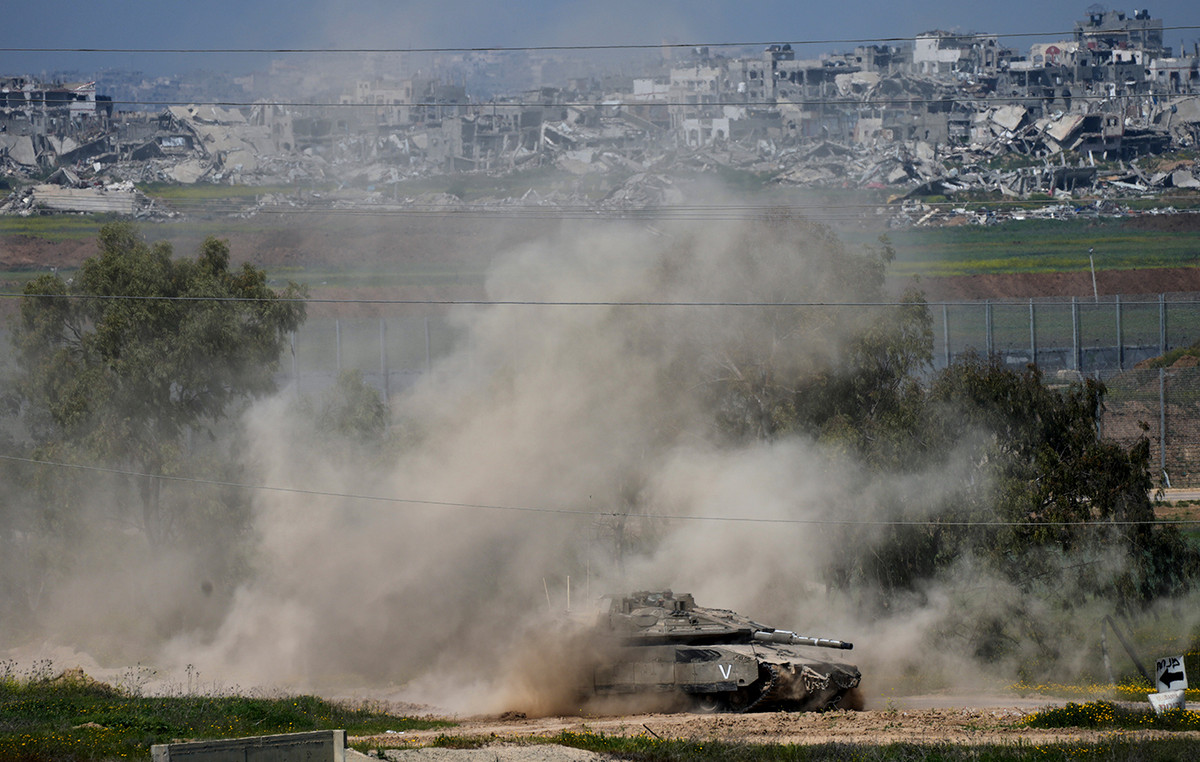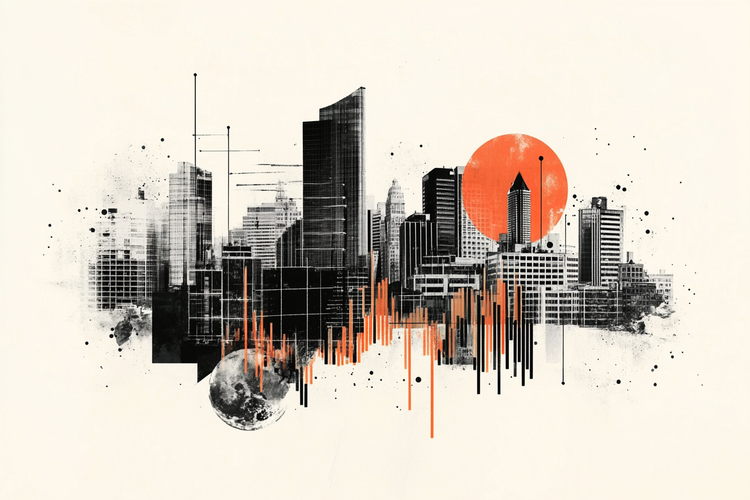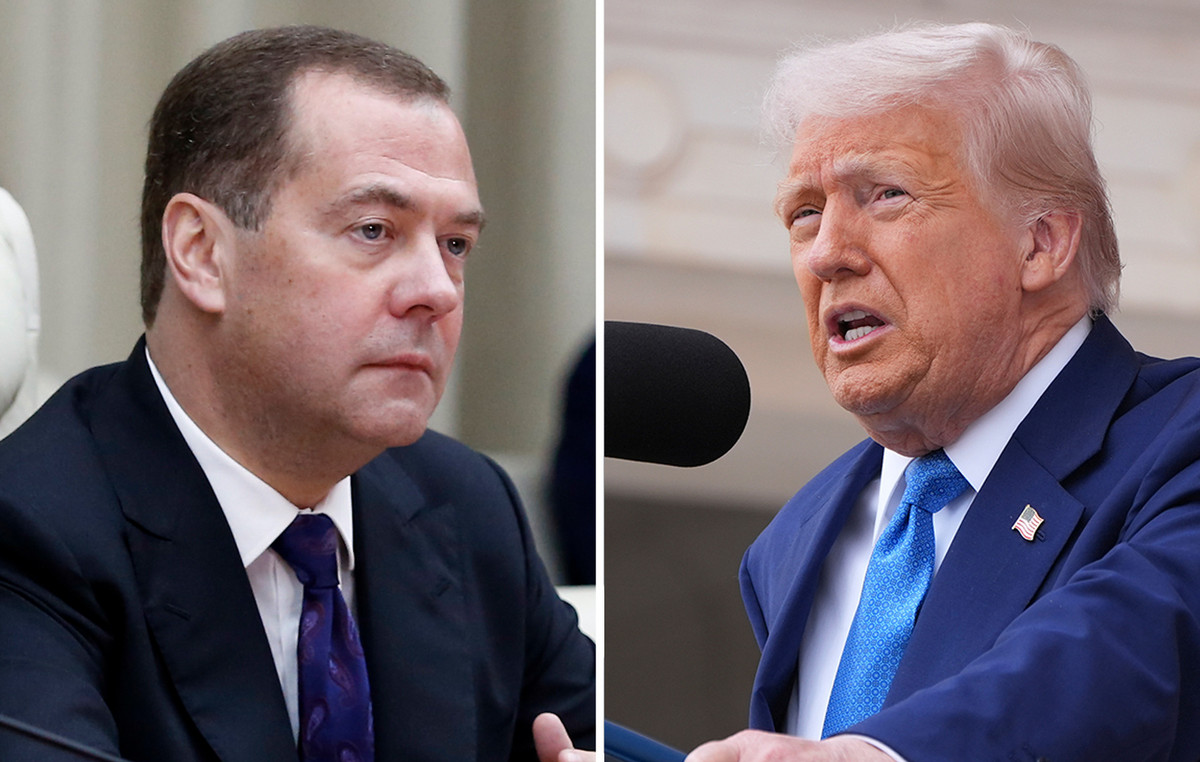Moulay Brahim was once a happy place for Sami Sensis. The village is located high in the Moroccan Atlas Mountains, and its landscape, clean air and friendly people attracted his parents almost every summer.
They are now buried under the rubble of their hotel, on the outskirts of what remains of the city.
See also – Earthquake in Morocco: Brazilians tell CNN how the country is doing after the tragedy
The building partially collapsed after the strong earthquake that hit Moulay Brahim on Friday night (8). The epicenter of the earthquake, with a magnitude of 6.8, was located near the city, about two hours southwest of Marrakech.
The earthquake, the strongest to hit Morocco in more than 120 years, caused more than 2,000 deaths. Many people remain missing.
Local authorities told CNN that 25 people died in the city. Three people, including Sensis’ mother and father, were still missing on Sunday afternoon (10).
Sensis, 39, was increasingly desperate and frustrated. “I can’t even bury them. I can’t see them, I don’t know where they are,” he said, his voice choked with emotion and anger.
His phone hasn’t stopped ringing for two days. Family and friends keep calling him, constantly asking for updates.
But he has no news to share. The location became very unstable and dangerous and local firefighters ordered residents to leave the area, halting the search for the missing.
“Nothing is happening. We are waiting. They decided to do nothing. They just tell us to be patient, they make us promises,” Sensis said, adding that she also tried to enter the collapsed building to look for her parents.
The hotel’s owner, Idsaleh Mahjoub, confirmed to CNN that Sensis’ parents were at the hotel when the earthquake occurred. Their names were in his file and he recognized them in the photos Sensis showed him.
Local residents managed to extract six people from the rubble of the hotel, all of them alive, according to Mahjoub.
“But for the rest, we couldn’t do anything,” he said. “We went to inform the governor about those who were trapped and each time he tells us that they will come and get them. Today they came to explore the area and then left to get their equipment.”
The Moroccan Ministry of Interior reported on Sunday (10) that, after assessing needs, it decided to respond to offers of aid from several foreign governments, including “Spain, Qatar, the United Kingdom and the United Arab Emirates, which suggested the mobilization of a group of search and rescue teams.”
Impassable roads
Like many other cities in the region, Moulay Brahim is difficult to access. The roads are narrow, and some are partially blocked by huge boulders that rolled down the steep hills during the earthquake.
Higher up in the mountains, other roads remain completely impassable even 48 hours after the earthquake, according to authorities.
Difficult access to the vast area affected by the earthquake made it difficult to provide aid. Although emergency camps were set up in some locations, residents of other inaccessible areas were left to fend for themselves.
In a village not far from the town of Asni, above Moulay Brahim, the first official government aid arrived on Sunday morning. In this settlement of 2,000 inhabitants, almost everyone lost their homes.
Dozens of yellow tents shelter people whose homes were left uninhabitable after the earthquake.
The tents offered little relief from the hot Sunday afternoon sun.
But the heat barely stopped Leila Idabdelah. With the baby strapped to her back, Idabdelah prepared khobz – a traditional Moroccan flatbread – to feed the victims.
Unable to rely on official help, local residents organized and shared resources. Idabdelah supervised the bread oven and had baked several dozen loaves of bread since morning.
Idabdelah told CNN that she and her family of five were sleeping when the earthquake struck on Friday night. When they got up and tried to run, they realized that the violent tremor had damaged their house and jammed doors and windows.
“Our neighbors saved us. They came, unlocked the door and helped us out,” she said.
The woman declared to CNN that he couldn’t think about how long it would take for his family to have a solid roof over their heads.
The tents aren’t wonderful, but they’re a big improvement over the first night after the earthquake, when the family slept on the ground in the open.
There are no official stores in Moulay Brahim. People continue to sleep on the street or on a nearby football field.
Many are exhausted and heartbroken, and emotions are running high. At some point on Sunday afternoon, a fight broke out in the street, not far from where Sensis was waiting for news from the authorities.
With each hour that passes, the chances of someone being pulled alive from the rubble disappear.
Late Sunday afternoon, Sensis’ mother’s body was finally recovered from the rubble. Her father is still missing.
Hours earlier, Sensis told CNN who had lost all hope that his parents were still alive. But when talking about them, Sensis always referred to his parents in the present tense.
“I can’t imagine my baby [crescendo] without his grandparents, he loves them. He’s always saying, ‘I want to go with [os avós]I want to go with [os avós].””
Source: CNN Brasil
Bruce Belcher is a seasoned author with over 5 years of experience in world news. He writes for online news websites and provides in-depth analysis on the world stock market. Bruce is known for his insightful perspectives and commitment to keeping the public informed.





